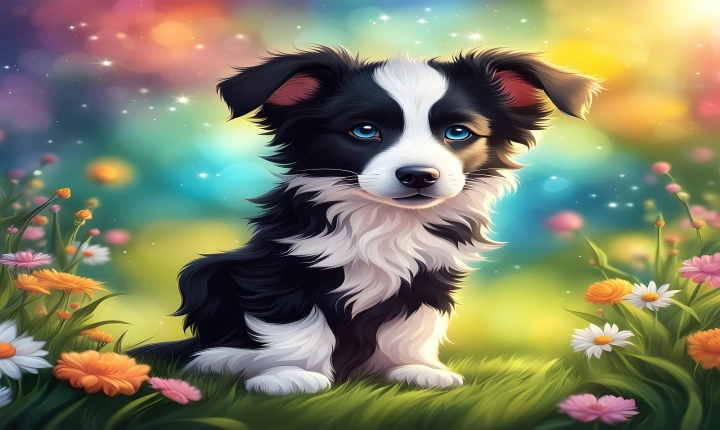Artificial intelligence (AI) has greatly transformed the way we create and consume content. From generating music and art to writing articles and stories, AI has shown remarkable capabilities in mimicking human creativity. However, this advancement in technology has also raised questions about copyright infringement and the ethical use of AI-generated content.
One of the primary concerns regarding AI and copyright infringement is the ambiguity surrounding the ownership of generated content. In traditional creative works, copyright protection is granted to the human creators, but when AI is involved, it becomes challenging to determine the rightful owner. AI systems can autonomously produce works that resemble those created by humans, blurring the lines of originality and intellectual property rights.
Furthermore, the use of pre-existing copyrighted material to train AI models also raises potential copyright issues. In many cases, AI algorithms are trained on vast datasets that may include copyrighted images, text, or music. This can raise questions about whether the resulting AI-generated content infringes upon the original creators’ rights, especially if the AI produces something substantially similar to the original work.
The legal landscape surrounding AI and copyright infringement is complex and still evolving. As of now, there is no clear-cut precedent or set of rules to address the specific copyright implications of AI-generated content. The existing copyright laws were not designed to anticipate the emergence of AI technology and its implications for creative works.
However, some legal experts argue that copyright protection should be extended to AI-generated content, considering the level of creativity and originality involved in the process. They propose the creation of a new category of “AI-created works” with distinct copyright laws that acknowledge the involvement of AI systems in the creative process.
On the other hand, there are concerns about stifling innovation and creativity if copyright laws are too restrictive in the context of AI-generated content. Some argue that AI should be seen as a tool to enhance human creativity rather than a rival, and that the focus should be on fostering collaboration between AI systems and human creators.
To address these complex issues, it is essential for policymakers, legal experts, and professionals in the technology and creative sectors to engage in meaningful dialogue and collaborate on developing a framework that balances the interests of creators, AI developers, and the public. This may involve revisiting and adapting existing copyright laws to encompass AI-generated content, establishing guidelines for ethical and fair use of AI in creative endeavors, and fostering greater transparency in the ownership and attribution of AI-generated works.
In conclusion, the intersection of AI and copyright raises important questions about the future of creative expression and intellectual property rights. As AI continues to advance, it is crucial to establish a legal and ethical foundation that ensures fair treatment of both human and AI creators while also promoting innovation and artistic freedom. Finding the right balance will require thoughtful consideration and collaboration across various disciplines to navigate this rapidly evolving landscape.
